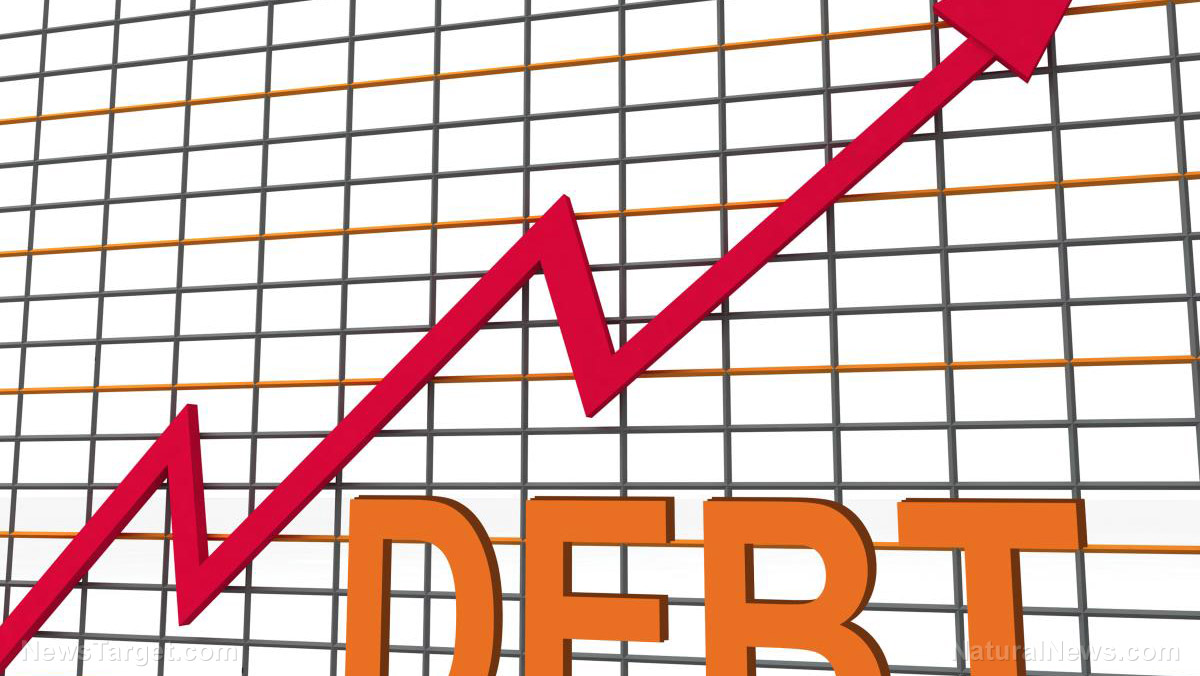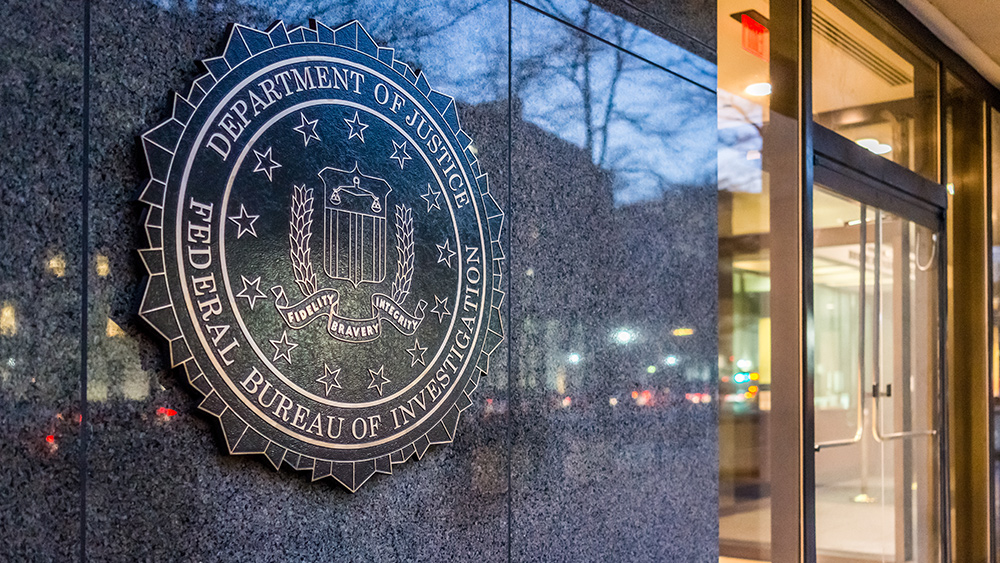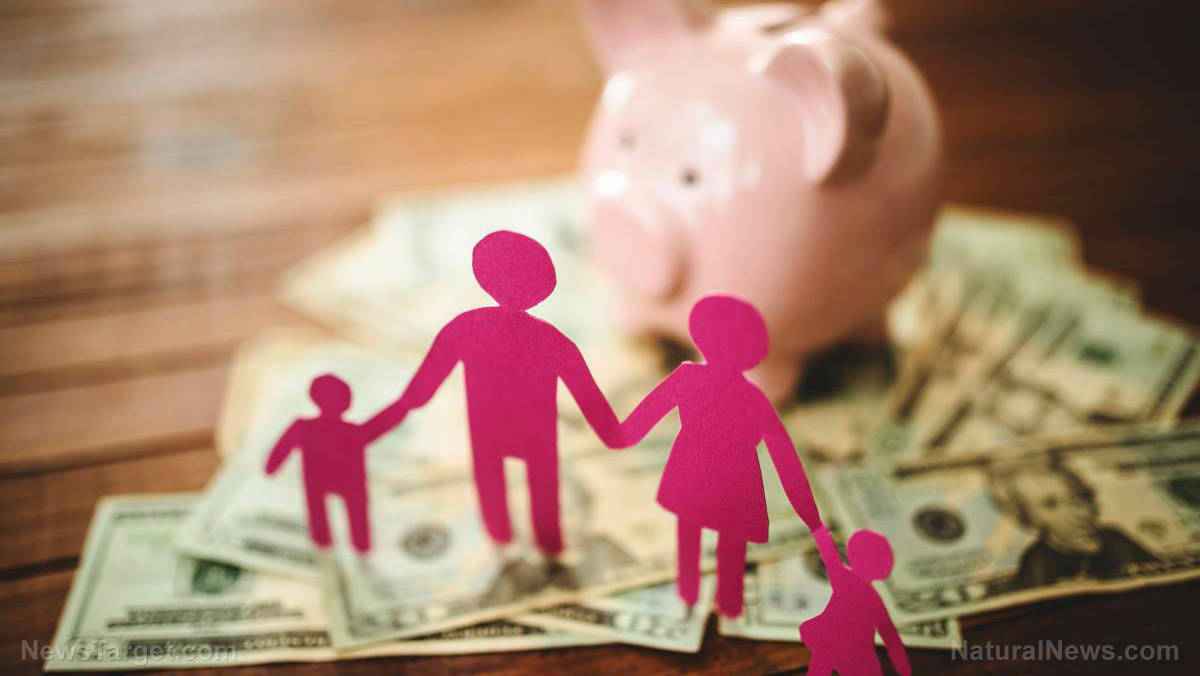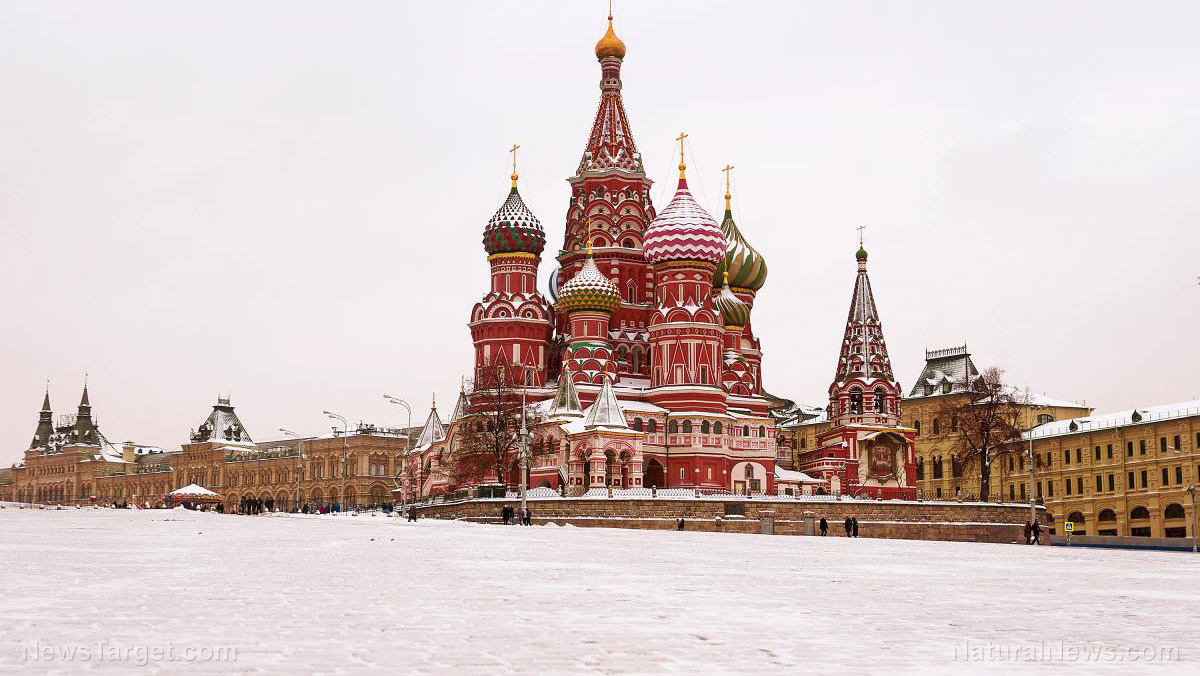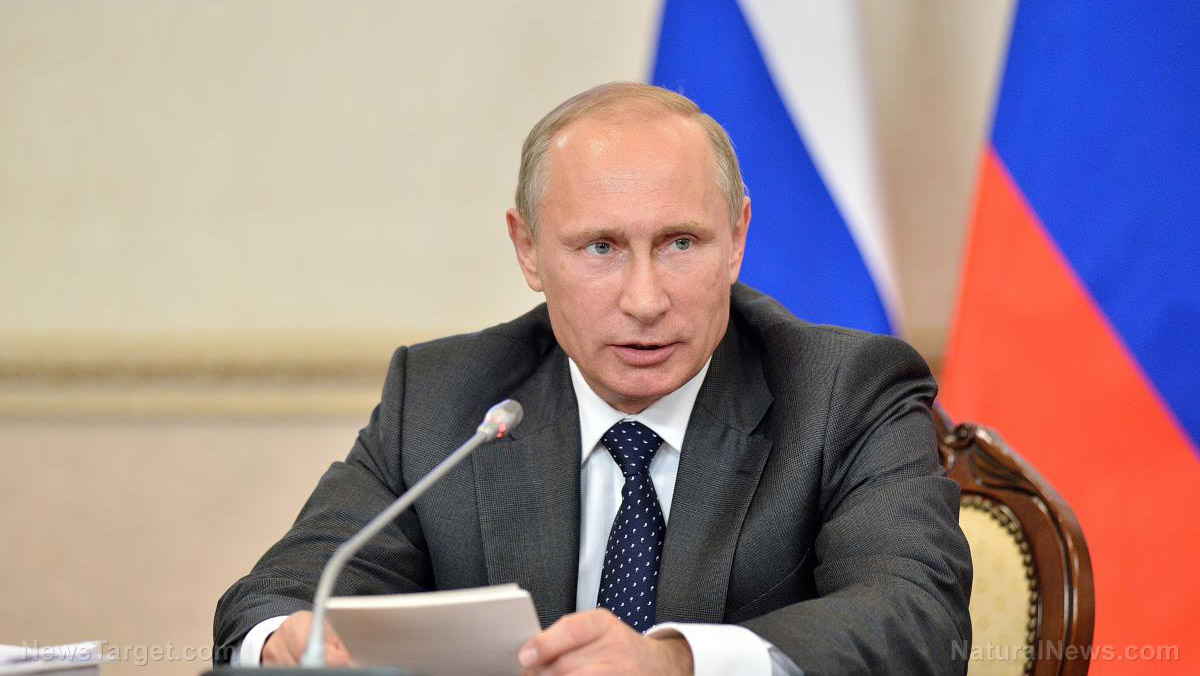Federal Reserve may adopt “more restrictive” policies if inflation persists
07/07/2022 / By Arsenio Toledo
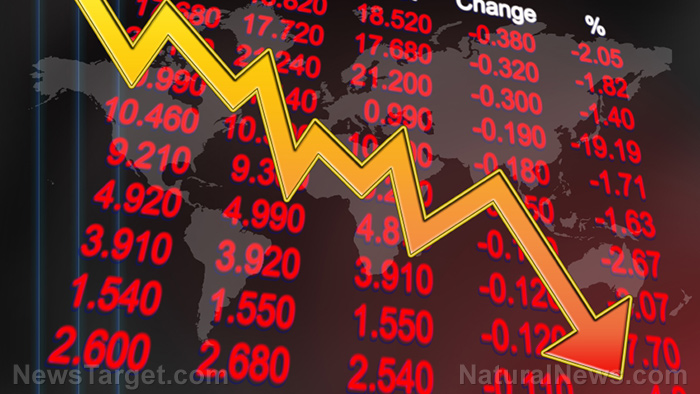
The Federal Reserve might adopt even “more restrictive” policies in the future if the latest interest rate hikes are unable to properly deal with the inflation crisis.
Last month, Fed policymakers increased interest rates by 75 basis points (0.75 percent) and also supported the possibility of increasing the interest rate again in July by either 50 or 75 basis points (0.5 or 0.75 percent), according to the minutes from the Fed’s June Federal Open Market Committee (FOMC) policy meeting. This meeting also revealed that policymakers believe there is a substantial risk that inflation could be entrenched.
“Many participants judged that a significant risk now facing the Committee was that elevated inflation could become entrenched if the public began to question the resolve of the Committee to adjust the stance of policy as warranted,” read the minutes of the meeting. (Related: Wells Fargo CEO warns American economy unprepared for Fed interest rate hikes.)
The Fed noted that it is important for the central bank to keep the faith of the public that it will be able to control inflation. “Participants concurred that the economic outlook warranted moving to a restrictive stance of policy, and they recognized the possibility that an even more restrictive stance could be appropriate if elevated inflation pressures were to persist.”
Inflation to remain above two percent for a long time
Fed officials at the FOMC meeting believe that America will experience an even larger inflation surge than it is already experiencing. They warn that personal consumption expenditures (PCE) prices could jump by 5.2 percent this year, compared to the previous estimate of 4.3 percent. In May, the year-over-year PCE inflation was 6.3 percent.
Despite this admission, policymakers still believe the Fed’s interest rate hikes are necessary to combat inflation, and that they have already yielded some results such as tightening financial conditions and lowering some market-based inflation measures.
The minutes of the meeting are filled with references to price pressures and why they might take time to ease. Fed officials have even admitted that raising interest rates could slow economic growth to the point that it might cause a recession. Officials “recognized that policy firming could slow the pace of economic growth for a time, but they saw the return of inflation to two percent as critical to achieving maximum employment on a sustained basis.”
Investors have reacted to the Fed’s threats of more interest rate hikes by warning of recession.
“They can lose the battle on the economy, but they can’t lose the war on the inflation anchor,” warned Mark Spindel, chief investment officer for MBB Capital Partners LLC. “[Fed Chair Jeremy Powell] is telling you, ‘We’re not blinking.'”
Fed policymakers are set to meet once again on July 26 and 27. Powell has all but guaranteed that the Fed will raise interest rates again, whether by 50 or 75 basis points is still to be decided.
Yelena Shulyatyeva and Andrew Husby, economists for Bloomberg, are slightly optimistic. While they have resigned themselves to the inevitability of more interest rate hikes, they believe the Fed might relent and opt for a 50 basis point increase instead of 75.
They wrote: “Developments since the June decision – intensifying recession chatter, slowing consumer demand, falling oil prices and lower inflation expectations than previously feared – mean the FOMC is more likely to opt for a 50 basis-point hike this month than another supersized move. Still, the Fed has left both options open.”
There is also some dissent brewing from within the Fed. Kansas City Fed President Esther George was the sole voice of reason during the June meeting, opting for a smaller rate hike than the 75 basis point hike passed during that meeting.
America’s economy is already shrinking. The gross domestic product during the first quarter fell by 1.6 percent and is expected to decline by another 2.1 percent during the second quarter. A slowdown in economic activity caused by another interest rate hike could push America over the edge.
Learn more about the inflation crisis in America at Inflation.news.
Watch this episode of the “Health Ranger Report” as Mike Adams, the Health Ranger, explains how the food inflation crisis is making people desperate, leading to violent attacks in grocery stores.
This video is from the Health Ranger Report channel on Brighteon.com.
More related articles:
Still no end in sight: Food inflation soars to highest level in 42 years.
Biden economic advisor claims MORE SPENDING will combat inflation.
Fed chair admits US dollar’s international standing could collapse.
Economist: America about to enter next stage of inflation, which will be so much worse.
Sources include:
Submit a correction >>
Tagged Under:
big government, Bubble, chaos, Collapse, economic collapse, economics, economy, Federal Reserve, finance, Inflation, inflation crisis, interest rate hike, market crash, money supply, panic, recession, risk
This article may contain statements that reflect the opinion of the author
Get independent news alerts on natural cures, food lab tests, cannabis medicine, science, robotics, drones, privacy and more from NewsTarget.com
Get independent news alerts on natural cures, food lab tests, cannabis medicine, science, robotics, drones, privacy and more from NewsTarget.com
RECENT NEWS & ARTICLES
COPYRIGHT © 2017 DEBT COLLAPSE NEWS

